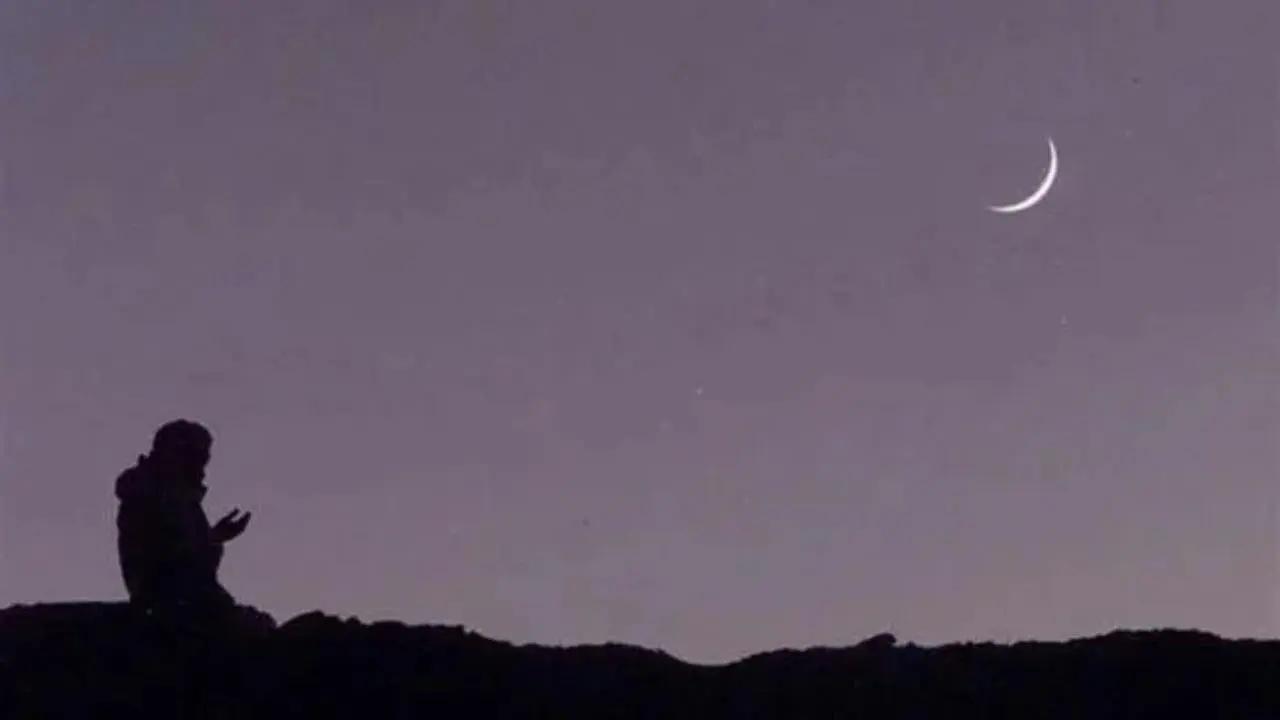Islamic New Year, also known as Muharram, marks the beginning of the Islamic lunar calendar. It is considered a significant time for Muslims around the world

Representational Pic/AFP
Islamic New Year, also known as Muharram, holds great historical significance in the Islamic calendar. It marks the migration of the Prophet Muhammad and his followers from Mecca to Medina, an event known as the Hijra, which took place in 622 CE. This migration not only provided a safe haven for Muslims but also laid the foundation for the establishment of the first Islamic state. Muharram is a time of reflection, remembrance, and mourning, particularly for Shia Muslims, who commemorate the martyrdom of Imam Hussein, the grandson of Prophet Muhammad. In this article, we will explore ten key points that shed light on the historical significance of the Islamic New Year.
- Islamic New Year, also known as Muharram, marks the beginning of the Islamic lunar calendar. It is considered a significant time for Muslims around the world.
- The Islamic New Year commemorates the migration of the Prophet Muhammad and his followers from Mecca to Medina in 622 CE. This event is known as the Hijra and marks the establishment of the first Islamic state.
- The migration to Medina was a pivotal event in Islamic history, as it not only provided a safe haven for Muslims but also marked the beginning of a new era of growth and expansion for the Islamic community.
- Muharram holds historical significance as it symbolizes the resilience and perseverance of the early Muslim community. Despite facing persecution and hardship in Mecca, they were able to establish a flourishing society in Medina.
- Muharram is a time of reflection and remembrance for Muslims. It serves as a reminder of the sacrifices made by the Prophet Muhammad and his companions in their quest for religious freedom and justice.
- The Islamic calendar is based on the lunar cycle, which is approximately 11 days shorter than the Gregorian calendar. As a result, the date of Muharram shifts each year in relation to the Gregorian calendar.
- While Muharram is primarily a time of commemoration, it is not celebrated with festivities or joyful activities. Instead, it is a period of mourning and reflection, particularly for Shia Muslims, who commemorate the martyrdom of Imam Hussein, the grandson of Prophet Muhammad, during this month.
- The martyrdom of Imam Hussein took place on the 10th day of Muharram, known as Ashura. This event occurred in the year 680 CE and is a significant historical event for Shia Muslims. They observe this day with mourning rituals, processions, and recitations of lamentations.
- The events of Ashura are seen as a symbol of resistance against oppression and tyranny. Imam Hussein's refusal to pledge allegiance to the unjust ruler of his time, Yazid, highlights the importance of standing up for justice and truth, even in the face of adversity.
-Muharram serves as a time of spiritual renewal for Muslims, as they reflect on the lessons of the past and strive to improve themselves in the coming year. It is a month of introspection, self-discipline, and increased devotion to Allah.
 Subscribe today by clicking the link and stay updated with the latest news!" Click here!
Subscribe today by clicking the link and stay updated with the latest news!" Click here!










